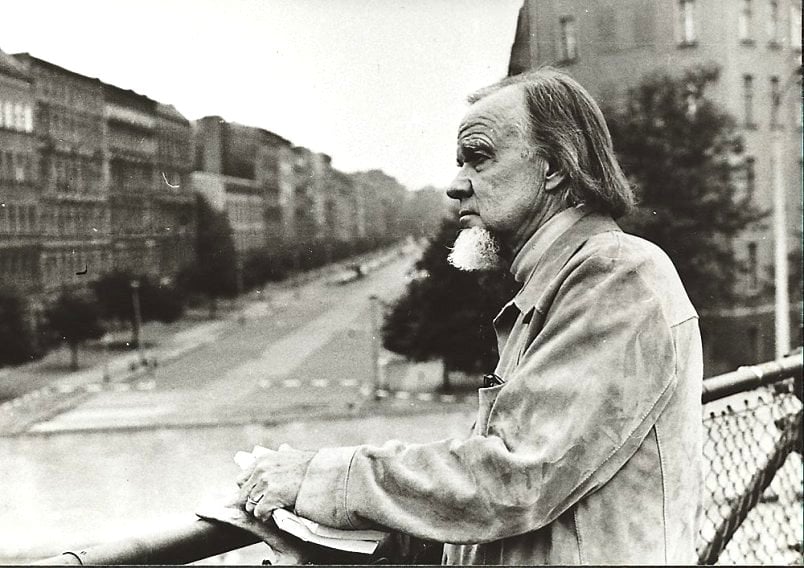In his recent essay on Christian intellectualism, Alan Jacobs dates the high point of the public Christian intellectual in America as being in the late 1940s. Citing the influence of thinkers like CS Lewis, WH Auden, and Reinhold Niebuhr, Jacobs argues that the movement began to fade in the 1950s and, by the 1960s, was largely a spent force. By that time Lewis, Auden, and Niebuhr were no longer as relevant in contemporary debates and the next generation had not yet emerged. By the time that generation of leaders did, Jacobs argues, the culture had moved past them and they had become more conversant in the intramural discussions happening in conservative religious circles rather than the broader cultural conversation.
Login to read more
Sign in or create a free account to access Subscriber-only content.
Topics:
